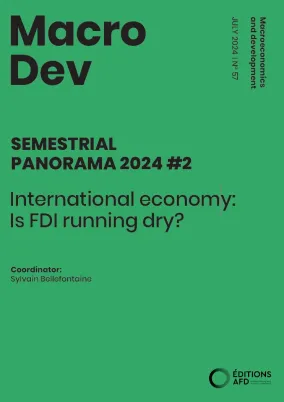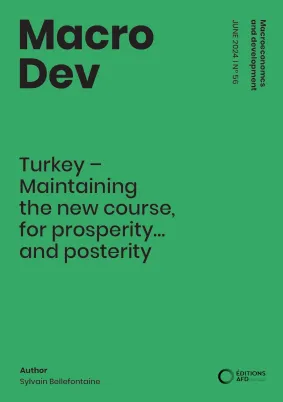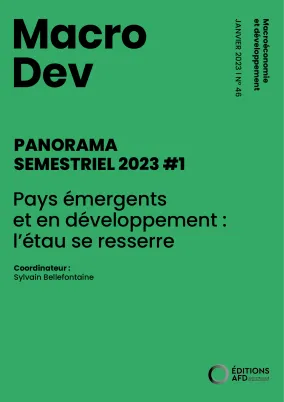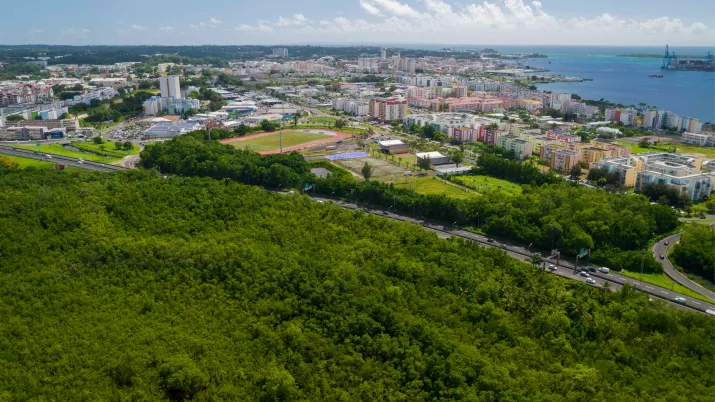Share the page
Macroeconomic country assessment – Türkiye

-
Project start date
-
2022Status
Ongoing
-
Country and region
-
Research program
Türkiye is one of the 60 countries followed by AFD’s country-risk economists, whose assessments shed light on countries' economic trajectories and macroeconomic and financial situations.
Context
A major player on the regional scene, Türkiye has experienced rapid development and transformations in recent decades, creating new opportunities, but also major imbalances. Its challenge today: to combine macro-financial stability and sustainable growth with fair and sustainable development. AFD Group and its local partners in Turkey are working for more balanced and sustainable growth, as well as a transition to a lower carbon economy.
Goal & method of country-assessments
Produced by AFD's team of risk-country economists, country assessments provide an analysis of development processes in countries in which AFD operates. They also characterize their growth trajectory, and detect economic, social, political and financial vulnerabilities associated with these trajectories. AFD Group is thus in a position to properly measure the challenges and monitor the risks associated with each of its investments.
Emphasis is placed on developing countries, particularly in Africa, for which macroeconomic analyses are rare or infrequent. AFD seeks to complement existing production on the global economic situation, more focused on advanced economies and major emerging countries.
Country-risk analysis is based on a close follow-up over a long period of time and rooted in a fine knowledge of local contexts. Cyclical trends, often highlighted in the news, are always examined in the light of structural trends and of the regional context in which they take place. The aim is to highlight country-specific macroeconomic issues while assessing risks against comparable time- and space-based trajectories.
Country-risk economists place the study of socio-political vulnerabilities, the growth model, the viability of public debt, external balances and the soundness of the financial system at the heart of their assessment, and give specific attention to countries' exposure to climate risks.
Lessons learned
The third decade of the Erdoğan-AKP era, which is beginning at the same time as the second centenary of Türkiye, needs to place the economy, prosperity and national cohesion at the heart of priorities. The return to a credible and effective monetary policy, led by an independent Central Bank and taken up by a relatively sound banking sector per se, should be followed by fiscal consolidation from 2025 onwards, after the slippage in 2023-2024, partly due to exceptional expenditures for post-earthquake reconstruction. Reforms are also expected to improve the business environment, support non-price competitiveness, productivity, attractiveness to investors, the external position, economic growth potential, and the green transition.
Contact
-
Sylvain BELLEFONTAINE
Country Risk Economist






